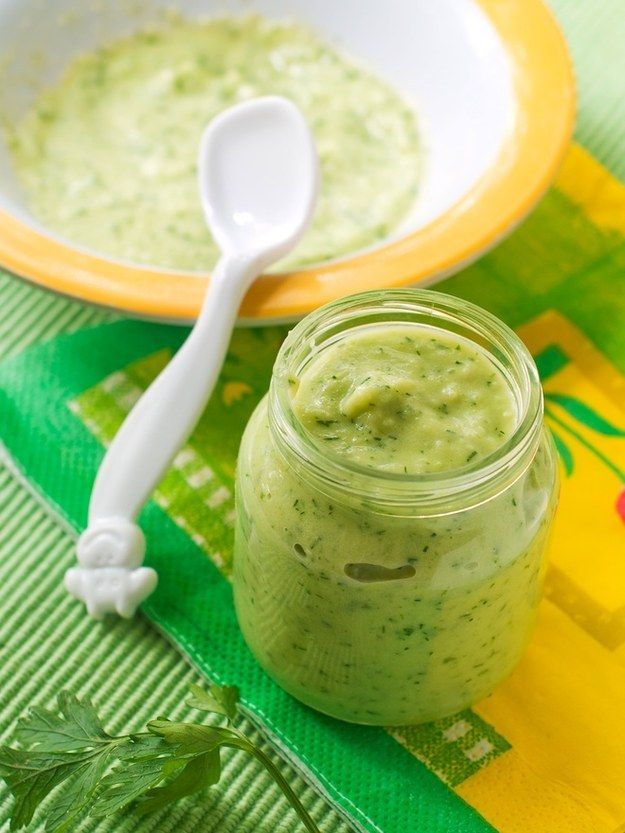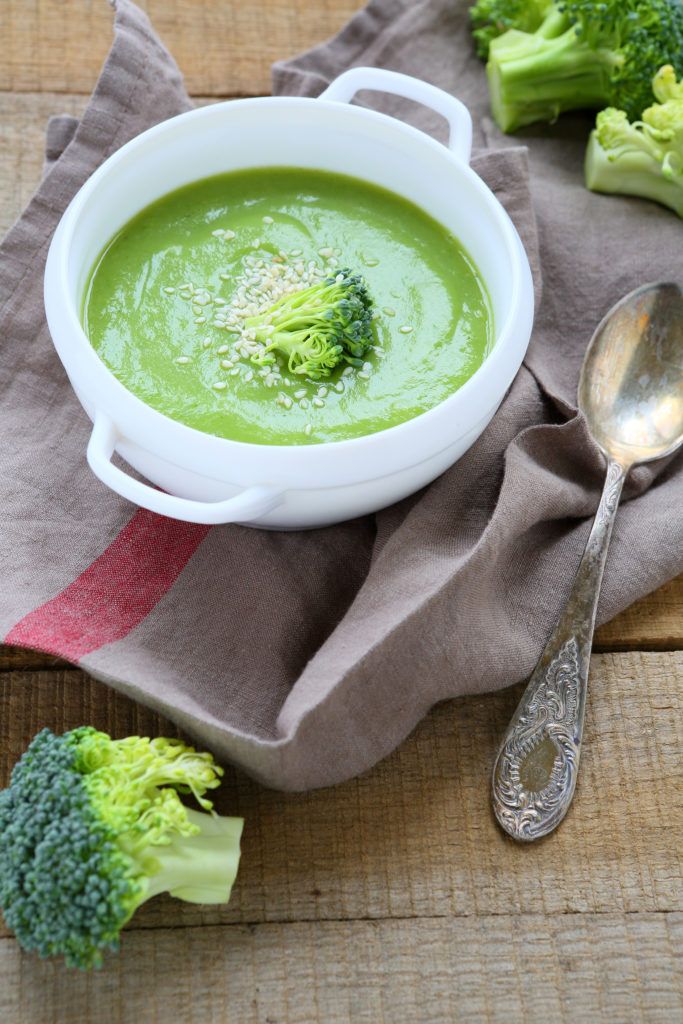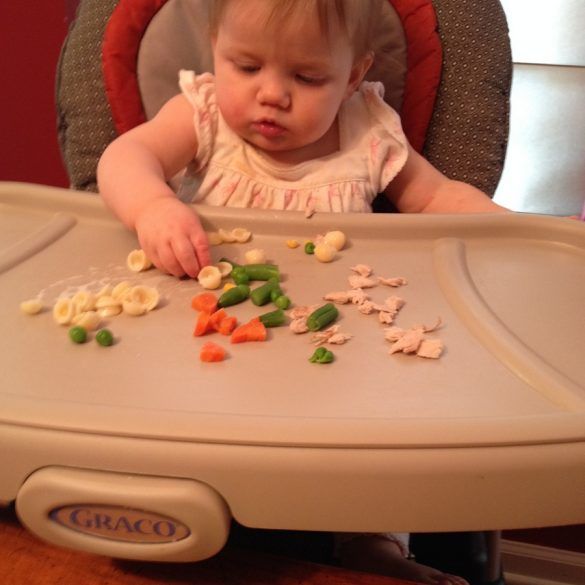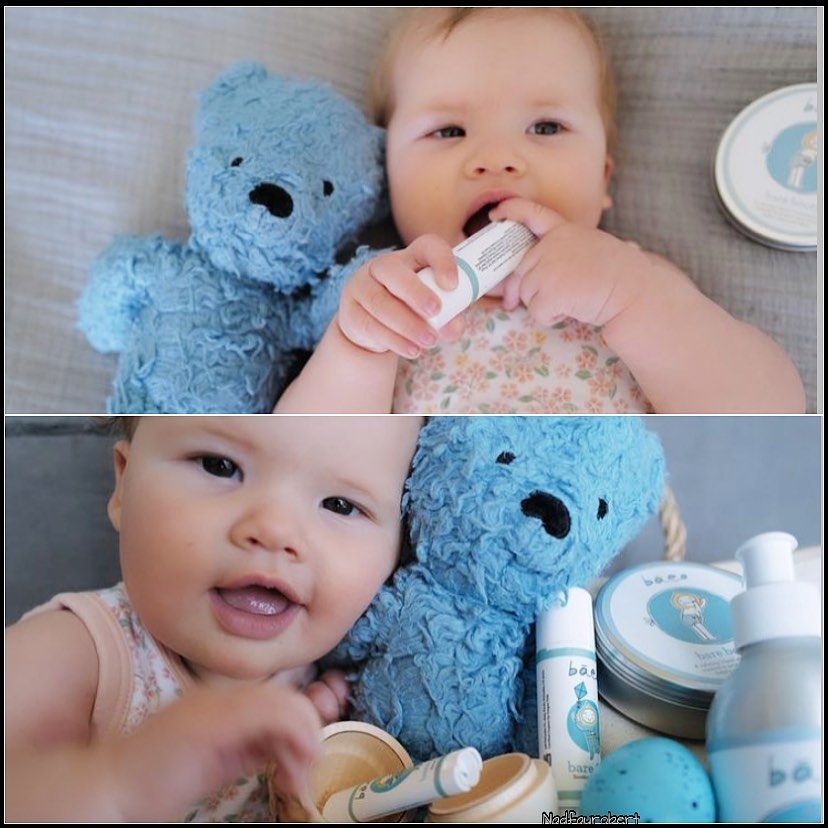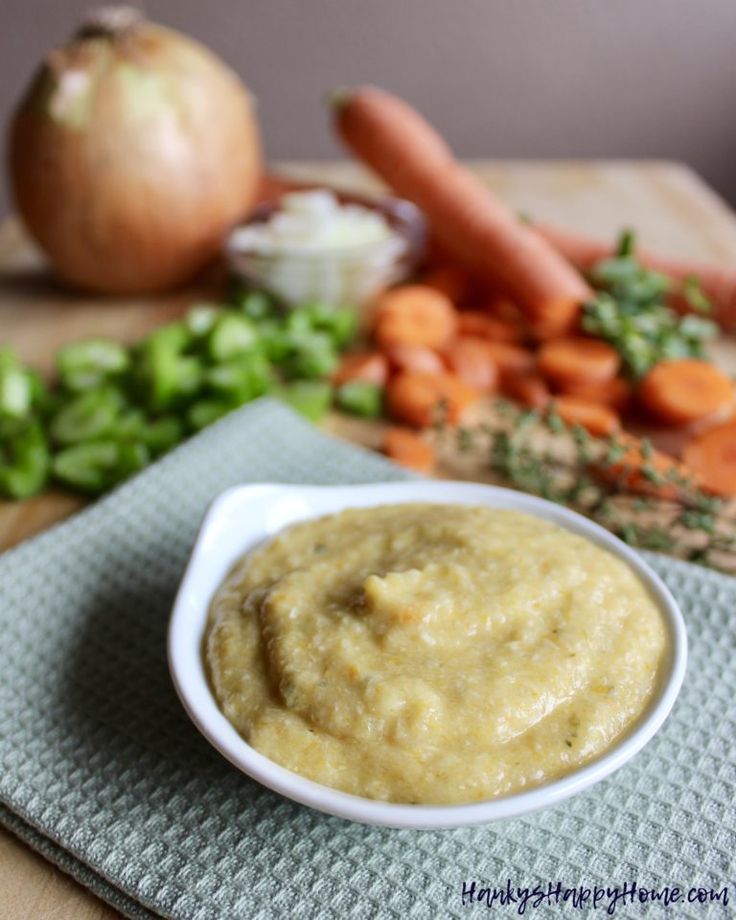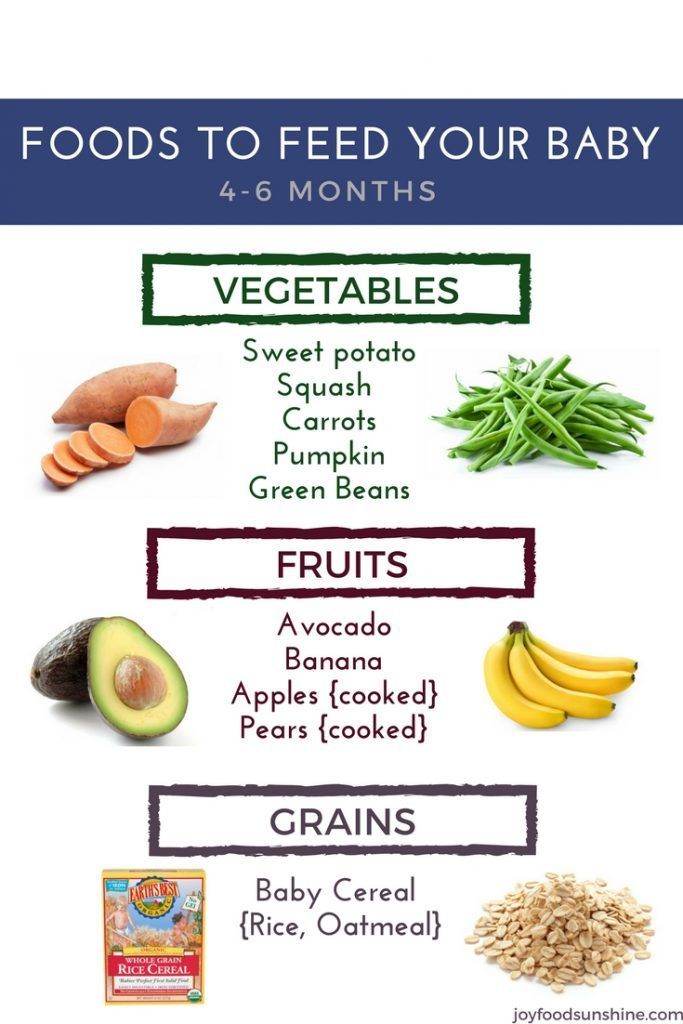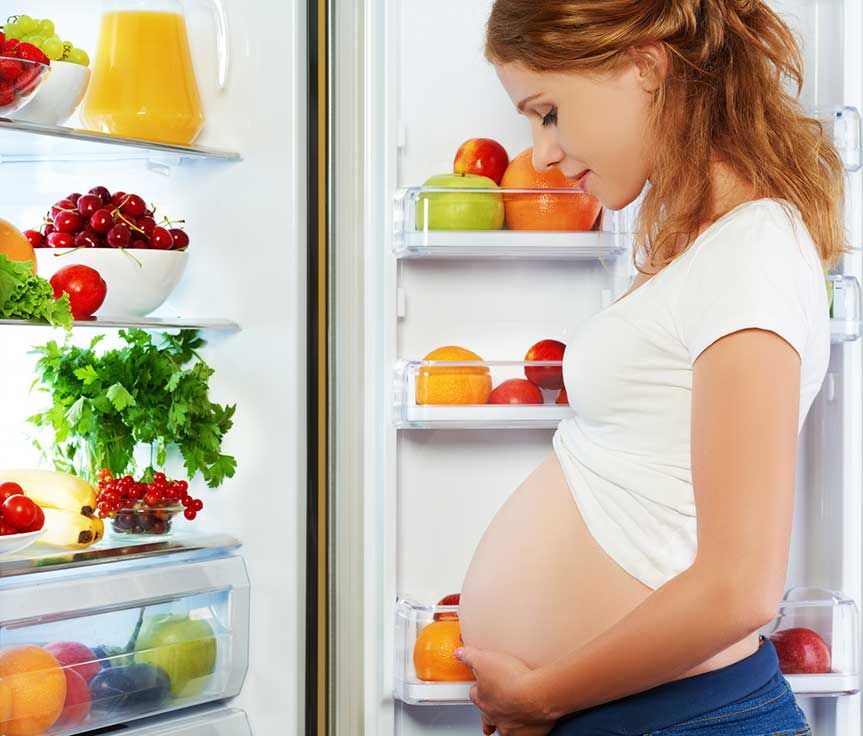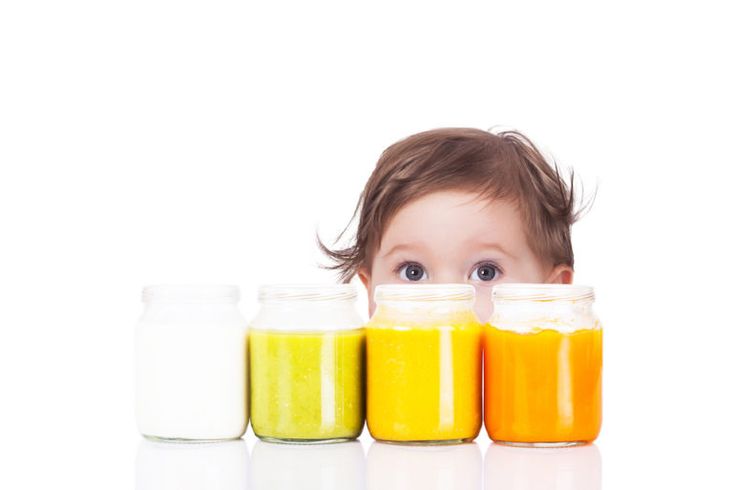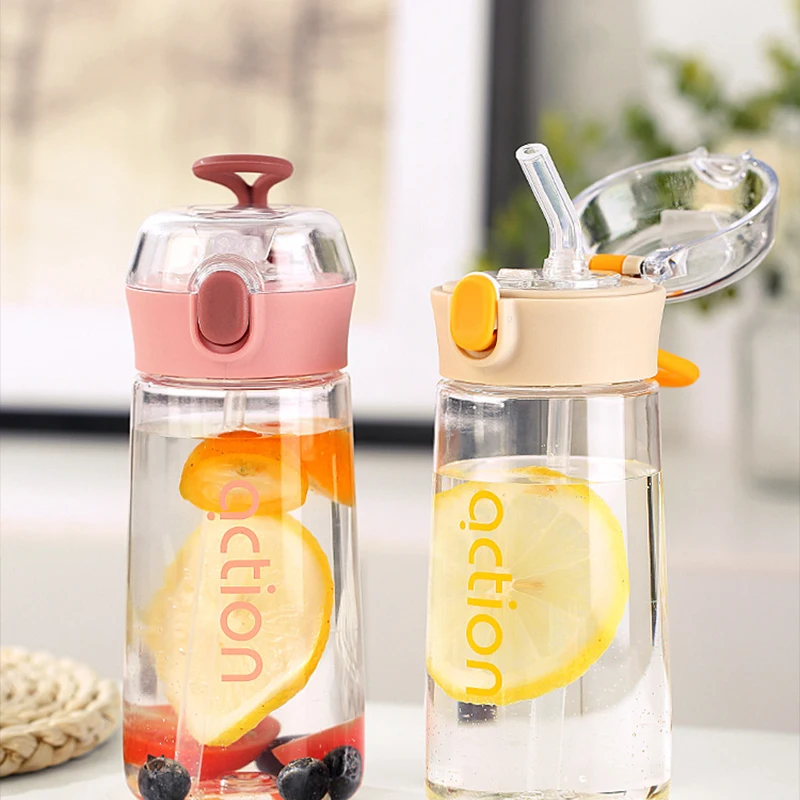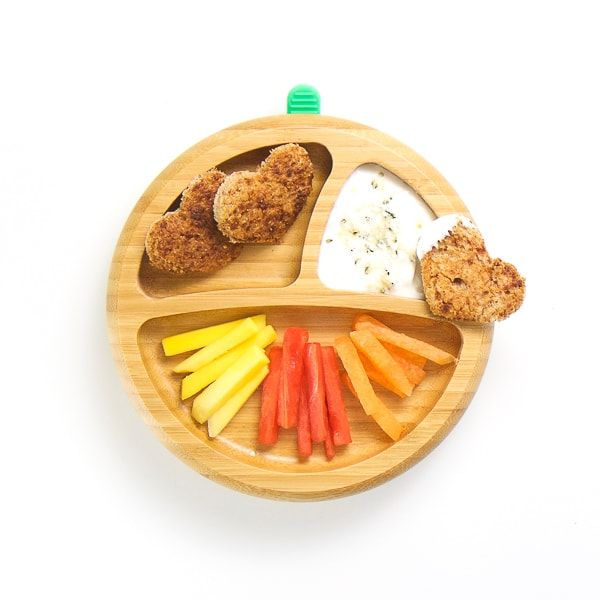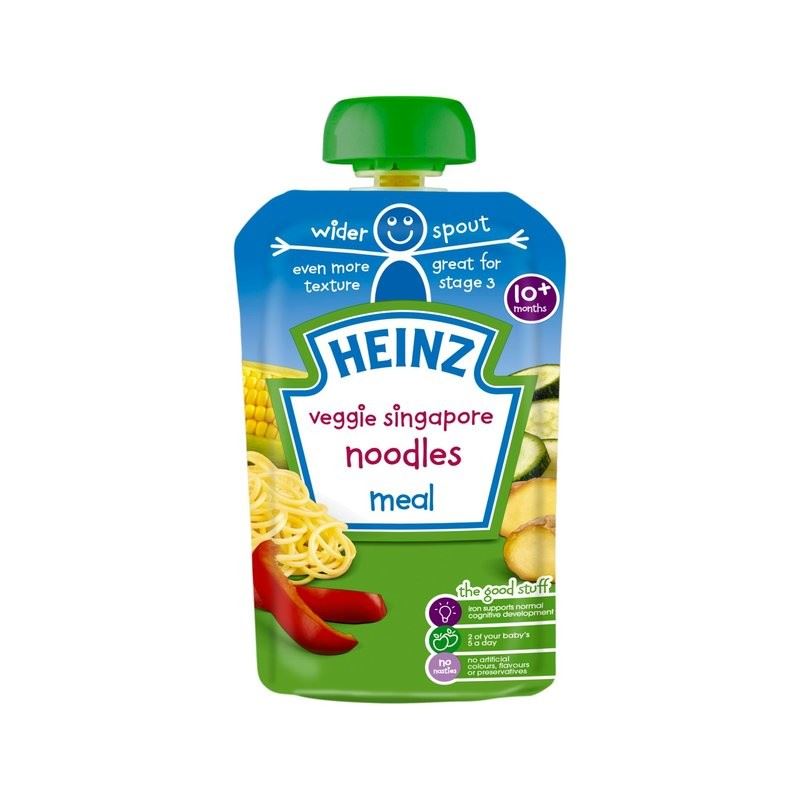Clean label project baby food
CLP Infant Formula & Baby Food Test
CLP Infant Formula & Baby Food Test
CLP Infant Formula & Baby Food Test
WHAT ARE YOU REALLY FEEDING YOUR BABY? Over 30% of infant formulas and baby foods contain lead as well as many other contaminants including arsenic, mercury, pesticides, acrylamides, according to a new study by Clean Label ProjectDENVER, Oct. 25, 2017 — Lead, arsenic, mercury, BPA and acrylamide are among the contaminants found in many of the best-selling infant formulas and baby foods, according to a study released today by the Clean Label Project. All of these contaminants can be harmful to health — with many linked to brain damage, reproductive harm and cancer. The American Academy of Pediatrics had previously called for the FDA and the industry to change their standards to reflect that there is no safe level of lead. A study released by the Environmental Defense Fund in June 2017 analyzing a decade’s worth of Food and Drug Administration (FDA) data found lead in 20% of baby food samples. Clean Label Project purchased infant formulas and baby foods in grocery stores across America, tested them, and found almost twice those levels.
The Clean Label Project Baby Food Study is the most comprehensive scientific investigation ever completed on the foods that impact our nation’s most vulnerable population — young children—at the most critical stage of their development. The study goes well beyond evaluating the ingredients posted on nutritional facts panels and ingredient lists to examine the impact of 130+ industrial and environmental contaminants on nearly 500 infant formulas and baby food products. In all, the organization benchmarked more than 100,000 data points and found that over 25 percent of all products tested exceeded at least one state or federal guideline for contaminants. Infant formulas and baby food samples for the study were purchased in grocery stores across America within the past six months.
The study results are now available to the public on CleanLabelProject.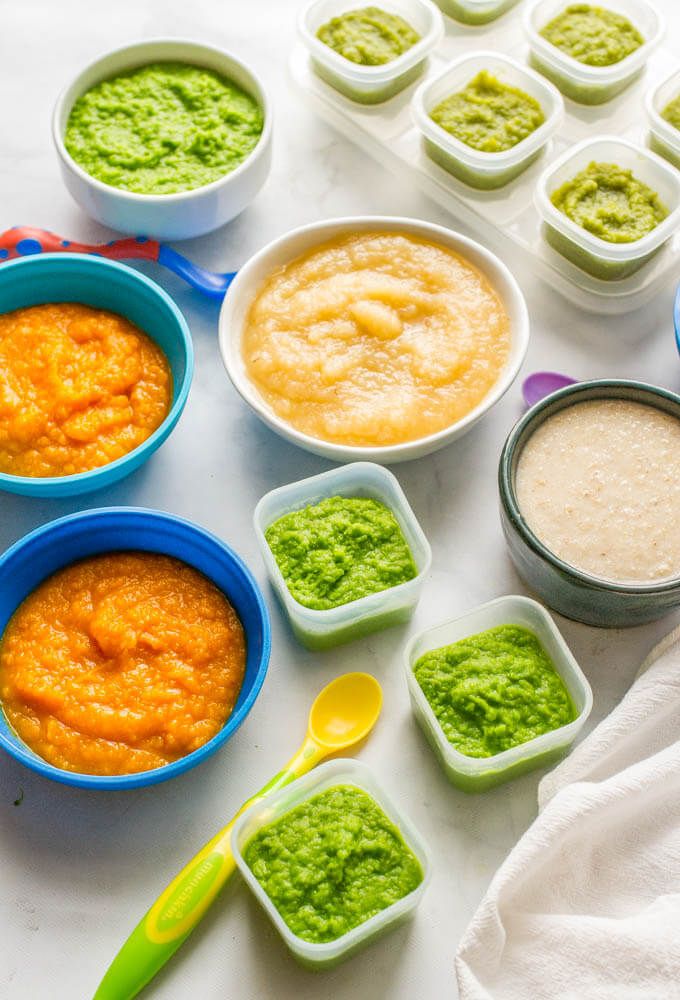 org.
org.
The Clean Label Project had products tested for contaminants including heavy metals (arsenic, cadmium, mercury and lead), BPA/BPS, antibiotic residues, pesticide residues, mycotoxins, melamine and acrylamide. These environmental and industrial contaminants have been linked to cancer, memory loss, brain damage and reproductive harm. There is clear scientific evidence to substantiate that even trace levels of mercury and lead can have lasting effects on the long-term health of developing brains.
The Clean Label Project also rated products according to nutritional superiority attributes including antioxidant activity and the absence of added sugar, artificial flavors and preservatives.
Study highlights:
- Over 30 perfect of infant formulas and baby foods had detectable levels of lead
- Over 50 percent of infant formulas contained arsenic
- Soy-based infant formula contained on average seven times more cadmium than other formulas
- Over 25 percent of baby food samples had detectable levels of lead
- Over 50 percent of the products labeled “BPA free” tested positive for BPA
- Some products labeled “certified organic” actually had higher amounts of mercury and lead than conventional baby foods, although the organic baby foods had fewer pesticides
- Rice-based “puff” snacks had on average over 5 times as much arsenic as other baby snacks
The study also found that the five worst performing baby foods had 70% more acrylamide than in the average fast food French fry and nearly double the average acrylamide in dark roast coffee.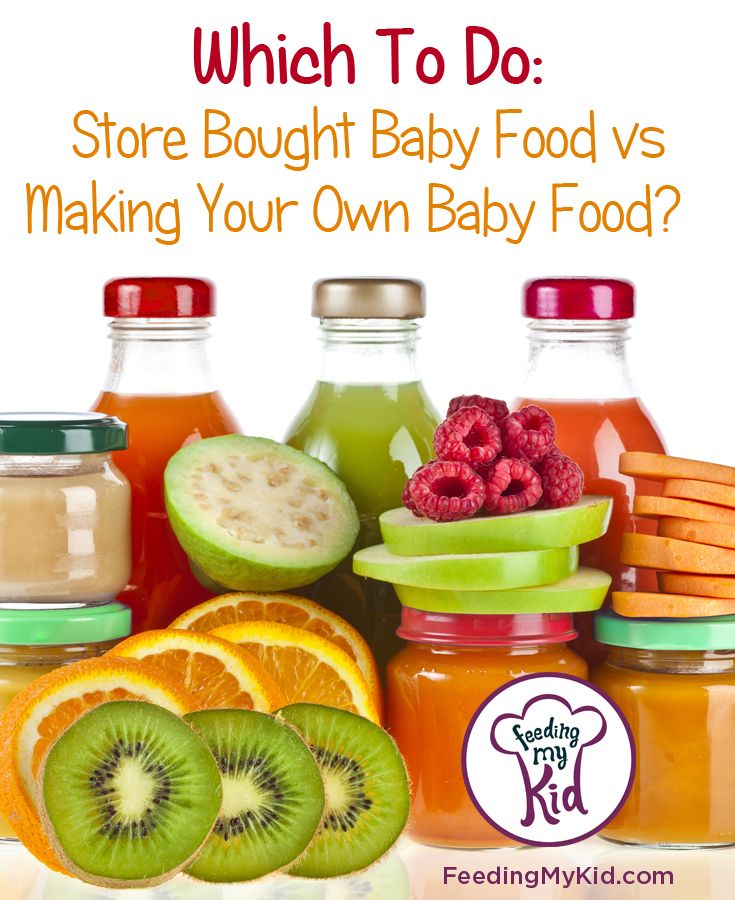
“All parents are faced with the same dilemma when shopping – what food is best for my baby?” said Jackie Bowen, MPH, MS, executive director of the Clean Label Project, a non-profit organization dedicated to truth and transparency in consumer products. “They are flooded with marketing terms like ‘natural,’ ‘organic’ and ‘pure,’ all intended to sell comfort and security to parents. The products that we tested are literally the exact same products that are currently in refrigerators and pantries across America.”
“The FDA-mandated ingredient deck and nutrition table on packaging does little to communicate the true quality and purity of the product and ingredients inside,” she continued. “Clean Label Project looks beyond the ingredient deck, nutrition label and flashy marketing to evaluate true product quality based on testing and science. If America’s leading pediatricians are calling for industry and the FDA to ensure that all baby foods to be ‘unleaded’ why are we seeing lead nearly 40% of the food we feed infants and babies?”
Infant formula and baby food contaminants can result from sourcing poor quality ingredients or processing ingredients improperly. “Some companies source cheap ingredients and manufacture their products in a way that maximizes profits. The result is that the consumer — in this case, babies – suffers,” said Sean Callan, PhD, director of operations and quality at Ellipse Analytics, the third-party analytical chemistry laboratory that performed the testing.
“Some companies source cheap ingredients and manufacture their products in a way that maximizes profits. The result is that the consumer — in this case, babies – suffers,” said Sean Callan, PhD, director of operations and quality at Ellipse Analytics, the third-party analytical chemistry laboratory that performed the testing.
Other causes of contamination include environmental factors – such as being downstream from a farm using pesticides. “We understand that because of naturally occurring metals and the contamination of air, water and soil that no food product can be 100 percent free of unwanted contaminants, but the fewer industrial and environmental toxins and contaminants, the better,” said Bowen.
In establishing review criteria, Clean Label Project and its medical advisory board relied on current legal regulations, including those set by the California Office of Environmental Health Hazard Assessment.
To make the findings as accessible and understandable as possible, the Clean Label Project website features a 5-star rating system that names each product tested and shows how contaminated it is compared to the other products in the study.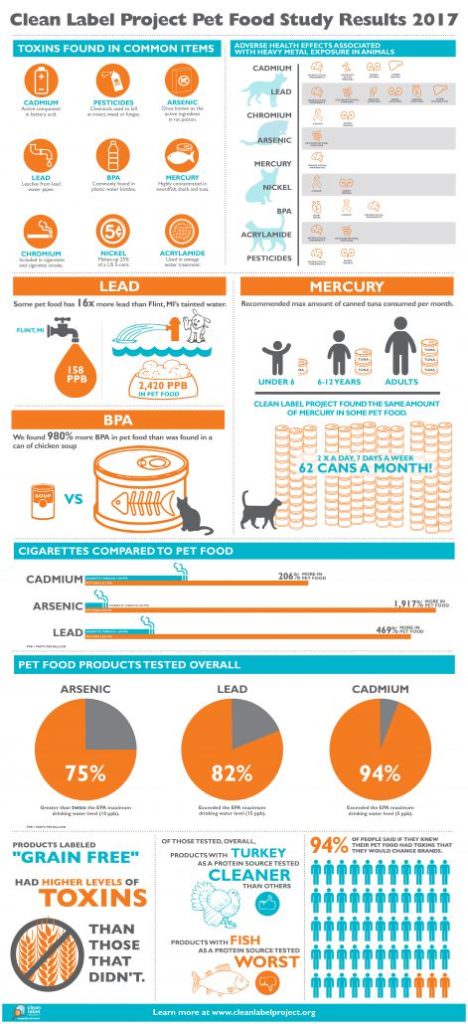 Consumers can easily see for themselves which products are the highest and lowest rated — there is also a report card rating each brand, based on their products as a whole.
Consumers can easily see for themselves which products are the highest and lowest rated — there is also a report card rating each brand, based on their products as a whole.
Clean Label Project encourages parents to take reasonable steps to reduce or eliminate exposure to these contaminants—because scientific studies show even low exposure to metals can have consequences. “There is a tremendous quality gradient in terms of purity between the top and bottom performing products,” noted Callan.
“We’re not telling parents to stop feeding their children the products on supermarket shelves,” concluded Clean Label Project’s Bowen. “We’re providing a resource and encouraging parents to use our research to look beyond the labels, because the difference from one product to the next could make a real impact on your child’s long-term health.”
“At the same time, we want regulators to put more specific safety requirements in place and manufacturers to be more responsible when producing food for our nation’s children.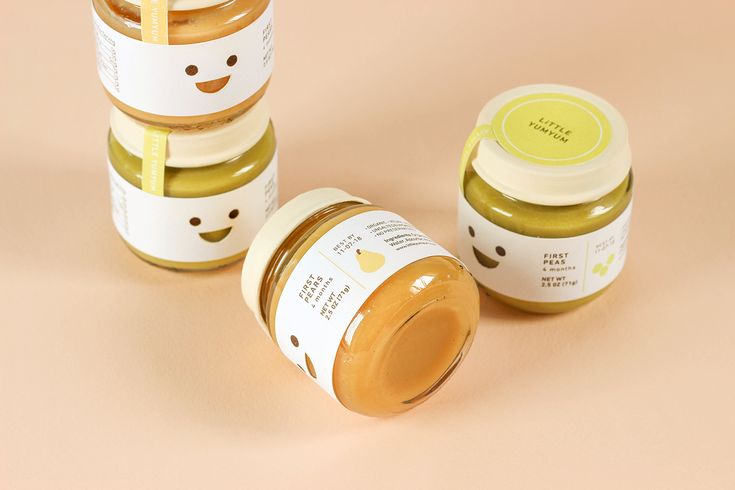 ”
”
About Clean Label Project
Clean Label Project’s mission is to educate the public so they can make informed choices every time they shop. It accomplishes this by using scientific data to identify toxins and verify nutritional value in consumer products and sharing this information directly with consumers. Clean Label Project also believe it’s important to understand what kinds of contaminants it tests for and the potential effects, and includes education as a core initiative. Its website is cleanlabelproject.org.
5 clean baby brands with the Clean Label Project Purity Award
Of course, you want nothing but the very best for your baby—and that includes pure, safe infant products with clean ingredients that don’t contain a laundry list of things that you can’t even pronounce. While you can certainly do your own research by browsing the ingredient labels on each and every product you buy, you can also look to the Clean Label Project for their reputable research.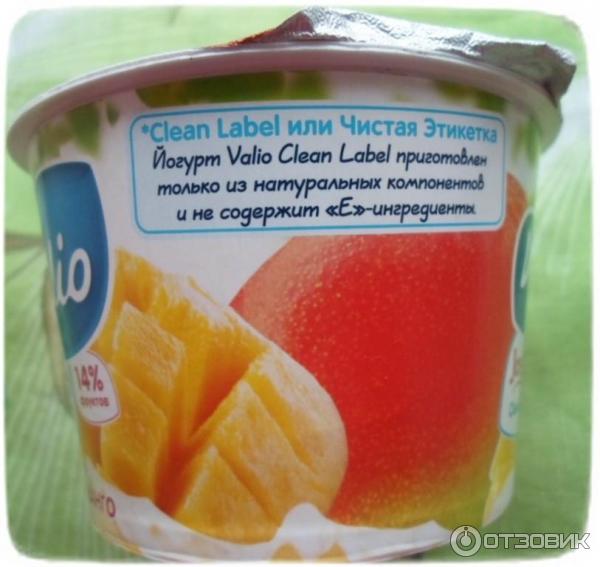 We’re sharing five clean baby food brands who have received the Clean Label Project Purity Award-certifying the highest level of transparency and purity.
We’re sharing five clean baby food brands who have received the Clean Label Project Purity Award-certifying the highest level of transparency and purity.
Table of Contents
- What is the Clean Label Project?
- Heavy metals in baby formula and baby food
- Baby’s first 1000 days
- Bobbie EU Style organic baby formula
- Once Upon a Farm Organic Baby Food and Kids Snack Brand
- Cerebelly Organic Purees and Smart Bars
- Yumi Organic Baby Food, Snacks and Vitamins
- Little Spoon Organic Baby Food, Toddler and Kid’s Meals
What is the Clean Label Project?
Clean Label Project is an independent nonprofit organization that certifies to the quality and standards of brands that create products free of environmental toxins and contaminants like pesticides, which have been linked to a myriad of diseases, including cancer. The Clean Label Project Purity Award praises brands who are transparent with consumers about what’s in their products while simultaneously meeting the rigorous standards set by the nonprofit.
America’s families deserve the facts. Tell me the truth and back it up with science. That’s the Clean Label Project. More of the good stuff, less of the bad stuff— In data and science we trust.
Jackie Bowen, Executive Director, Clean Label Project
Heavy metals in baby formula and baby food
Jackie Bowen spoke candidly on an IG live titled Formula is Food, Why Ingredients Matter. She talked about why Clean Label’s level of transparency is important, especially due to the food regulation in our country that allows for concerning levels of metals in the foods and products that are sold to American consumers. In fact, a 2021 Congressional report found that baby foods, in particular, may be tainted with high levels of arsenic, lead, cadmium and mercury, which can have neurotoxic effects on babies and young children.
Baby’s first 1000 days
Bowen reminded us that when it comes to infant formula and baby food, “the World Health Organization says the first 1000 days are critical to long term health and wellness.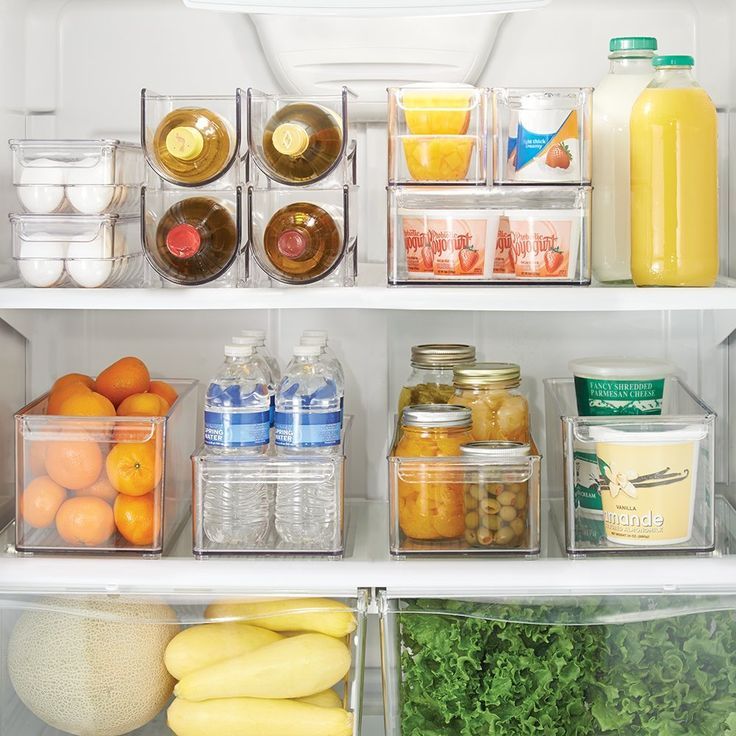 It’s a window of opportunity where optimum brain and immune system development are formed. We have to make sure they have less exposure to the bad stuff, but also more of the good stuff to be healthy.”
It’s a window of opportunity where optimum brain and immune system development are formed. We have to make sure they have less exposure to the bad stuff, but also more of the good stuff to be healthy.”
When it comes to what you want to feed and use to care for your baby, you deserve nothing but the very best. That’s why we’re happy to share with you a list of five impressive baby brands that have earned the prestigious Clean Label Project Purity Award.
As the first USDA organic, non-GMO, European-style infant formula manufactured within the United States that meets FDA requirements, Bobbie has already established a standard that has made it unique. With the addition of the Clean Label Project Purity Award as well as the Pesticide-Free certification, it has officially stepped into superior territory: becoming the very first infant formula to receive both awards. Brought to life by a team of moms, many of whom are food scientists, medical experts and regulatory specialists, who were disappointed in the formula options available to their babies, Bobbie set out to go beyond the typical standards allowed in the industry. The formula is made with pasture-raised dairy from a co-op of small family farms across the U.S., DHA (an omega-3 fatty acid that’s vital for the growth and development of brains in infants) sourced from a longtime industry leader in sustainable algal oil production and fats from USDA organic, plant-based and solvent-free oils.
The formula is made with pasture-raised dairy from a co-op of small family farms across the U.S., DHA (an omega-3 fatty acid that’s vital for the growth and development of brains in infants) sourced from a longtime industry leader in sustainable algal oil production and fats from USDA organic, plant-based and solvent-free oils.
Formula is the exclusive form of nourishment during the critical period of brain and immune system development. Now families have a new option with increased peace of mind with Bobbie— which has been tested for over 400 industrial and environmental contaminants and toxins including heavy metals, pesticides, and plastics, and is a recipient of the Clean Label Project Purity Award and Pesticide-Free certification.
Jackie Bowen
Shop Bobbie Organic Infant Formula
Bobbie Organic Infant Formula is a USDA Organic, EU-style infant formula that meets all FDA requirements. It is a complete nutrition milk-based powder modeled after breast milk and is easy on tummies.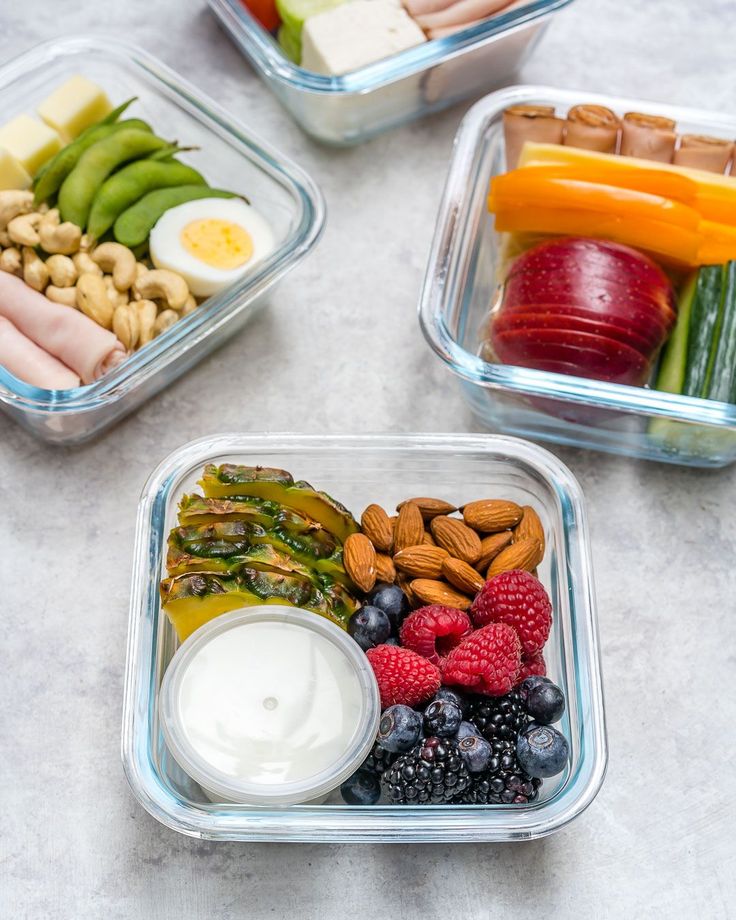 It is non-GMO and doesn't have corn syrup, palm oil, or maltodextrin. Learn more about Bobbie.
It is non-GMO and doesn't have corn syrup, palm oil, or maltodextrin. Learn more about Bobbie.
Shop Bobbie
Famously co-founded by beloved American actress, Jennifer Garner, Once Upon a Farm’s claim to fame goes well beyond Jen. Just one glance at their ingredient list and you can tell the difference between this brand of baby food when compared to so many others on the market. In short, what you see is what you get: whole ingredients that are cold-pressed, nutrient-rich and a blend of baby food that’s formulated without added sugar, dairy, preservatives, GMOs or anything artificial—whatsoever. The brand earned The Clean Label Project Purity Award which means it has been tested for more than 400 environmental and industrial toxins, including heavy metals. They are also the first brand to receive the 1,000 Day Promise Certification for their Advanced Nutrition Blends.
What’s more: Their pouches are actually delicious so your kids will truly enjoy them.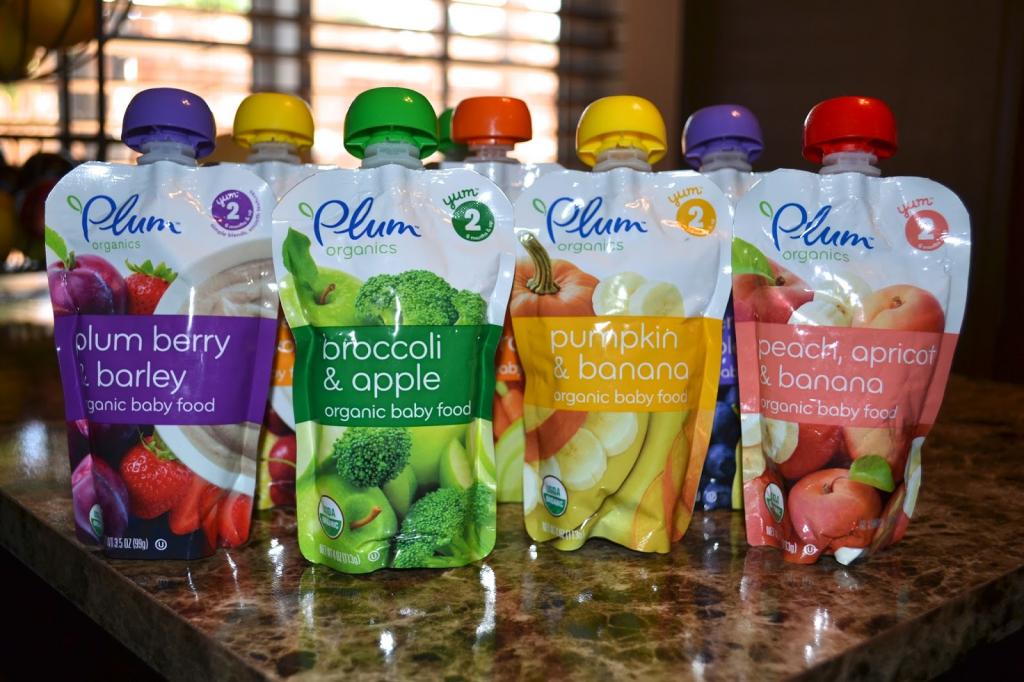
One of the the most recent baby brands to receive The Clean Label Project Purity Award, Cerebelly was founded in 2019 by a Canadian mom (and neurosurgeon) who knows well the importance of fueling a baby’s brain with the proper nutrients critical for early development. When she had difficulty finding baby food pouches for her own children, she started making them from scratch—grinding up sunflower seeds, steaming vegetables and mixing them together with whole-fat yogurt. While she solved the problem within her own home, she couldn’t ignore that so many other families did not have access to the same nutrition for their children. Now available in grocery stores nationwide, Cerebelly is formulated with 16 essential nutrients for healthy brain development.
On the packaging front, in partnership with international recycling leader TerraCycle (and environmentally conscious families), Cerebelly has achieved a major milestone of 100,000 pouches recycled. As of Earth Day 2022, Cerebelly’s waste collection is expected to reach 110,000 pouches recycled.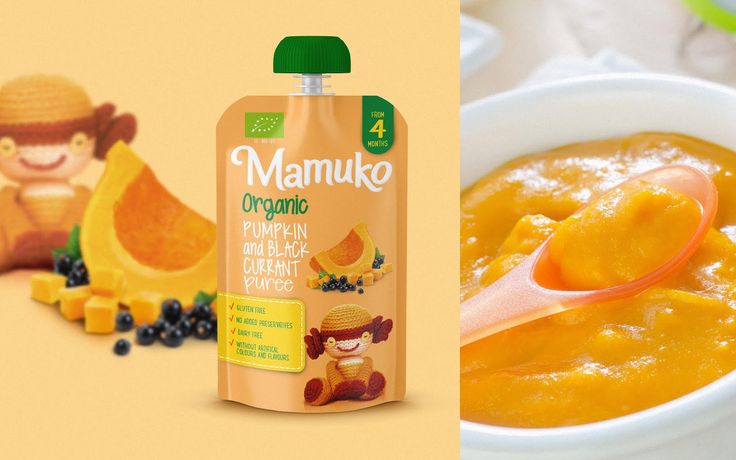
Organic, kosher, freshly made, and dense with all the important nutrients your baby needs to thrive in those first few years, it’s clear to see why this baby food delivery service was given The Clean Label Project Purity Award. Yumi utilizes an 8-step process of introducing foods to baby using simple ingredients that are all USDA organic, created by actual chefs and are free of gluten, dairy, preservatives, common allergens and added sugars. Oh, and they offer free shipping to boot!
Little Spoon is the first, national, baby food and childhood wellness brand that delivers nutritious, organic and convenient baby food right to your door. They recently received The Clean Label Project Purity Award and it’s easy to see why they’ve taken off with the parenting set. From purees to full meals, Little Spoon is a great choice for families with more than one child, since you can order both baby and toddler meals. All are organic, non-GMO and made with fresh ingredients. They also have an all-natural vitamins line formulated with clean, all-natural ingredients that you can trust.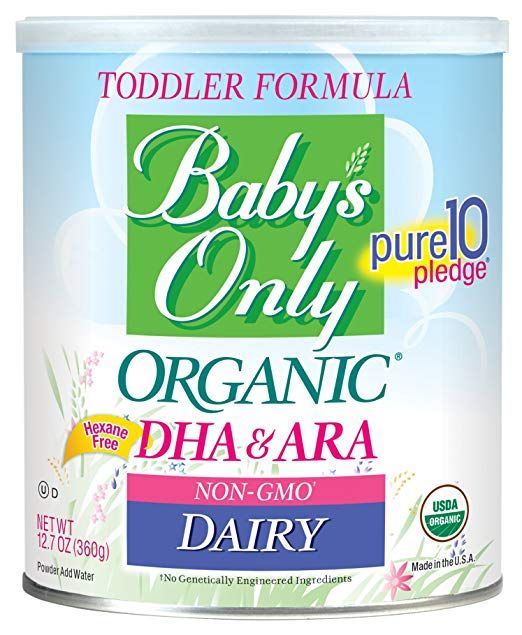
Within the baby food and infant formula space, less than two dozen brands have been able to make the commitment and achieve the strict Clean Label Project certification requirements. What’s inspiring is that more brands are recognizing the importance and joining the Clean Label Project in this consumer movement.
Jackie Bowen
Shop Bobbie Organic Infant Formula
Bobbie Organic Infant Formula is a USDA Organic, EU-style infant formula that meets all FDA requirements. It is a complete nutrition milk-based powder modeled after breast milk and is easy on tummies. It is non-GMO and doesn't have corn syrup, palm oil, or maltodextrin. Learn more about Bobbie.
Shop Bobbie
The content on this site is for informational purposes only and not intended to be a substitute for professional medical advice, diagnosis or treatment. Discuss any health or feeding concerns with your infant's pediatrician.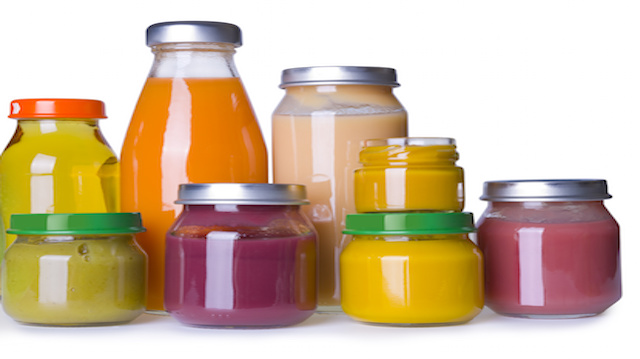 Never disregard professional medical advice or delay it based on the content on this page.
Never disregard professional medical advice or delay it based on the content on this page.
Toxic substances in baby food
donate milk
Find milk
Popular brands of baby food products contain arsenic, lead and BPA
Testing of baby food products (including 80% of powdered formula) found arsenic in a study published October 26, 2017.
The Clean Label Project, a non-profit organization that advocates for the safety of baby formulas, tested 530 products purchased during 5 months of 2017. The study found that 65% of the products tested contained arsenic, 36% lead, 60% BPA (the industrial chemical bisphenol A) and 58% cadmium, a naturally occurring toxic metal commonly found in soil and smoking products.
Popular brands such as Gerber, Enfamil, Plum Organics and Sprout have been among the most notorious offenders found to contain harmful ingredients.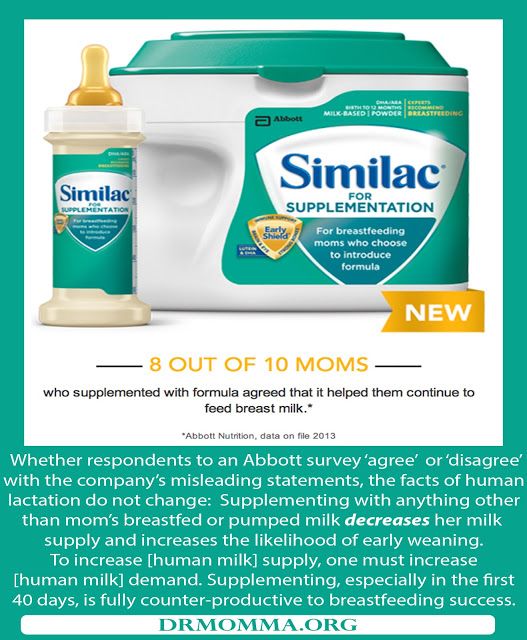 They scored 2 out of 5 on the Clean Label Project Toxicity Map, which is a wake-up call.
They scored 2 out of 5 on the Clean Label Project Toxicity Map, which is a wake-up call.
USA Today reports that these chemicals may affect fine motor and cognitive development in children of all ages.
"The baby food industry needs to take better care of America's most vulnerable people," said Jacqueline Bowen, CEO of the Clean Label Project, in an interview.
Arsenic was the most commonly detected during the study and was found in 80% of infant formula samples. But the highest levels of arsenic were found in children's rice-based snacks. According to the World Health Organization, this toxic element can lead to developmental defects, cardiovascular disease, neurotoxic manifestations, diabetes and cancer.
“It is important for consumers to understand that harmful components such as lead and arsenic, which are heavy metals, are already in the environment and cannot be easily removed from food,” said an FDA spokesman. Food and Drug Administration in the US) Peter Cassell in an interview with USA Today.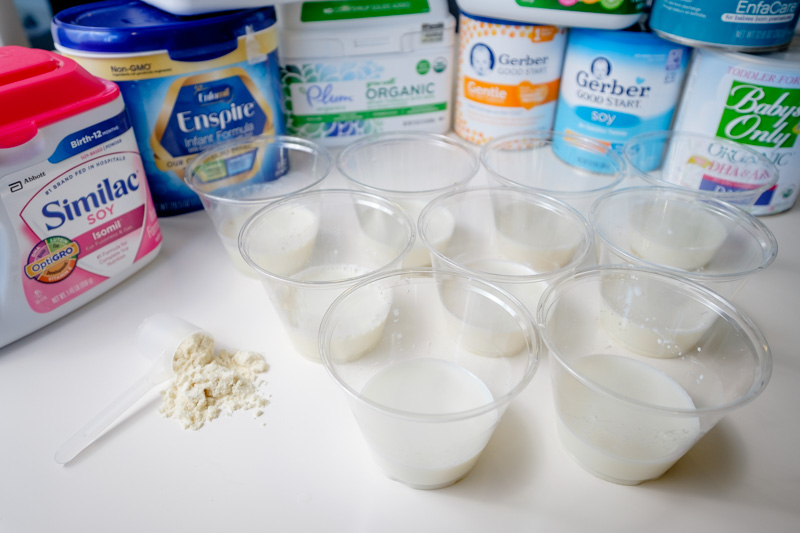
Due to the fact that rice can actually absorb arsenic from contaminated soil, in 2016 the Food and Drug Administration (FDA, USA) proposed a limit on arsenic content of 100 ppb (milligrams per ton) for baby food containing rice. However, these rules are not followed. In the course of the study, in some products, an excess of the permissible content of arsenic by 6 times was revealed.
With regard to lead, any amount found in food is unsafe and can cause IQ decline, behavioral problems and hearing problems. In a recent study by the Environmental Protection Fund, heavy metals were found in 20% of baby food. 89% baby grape, 55% apple juice and 86% sweet potato puree.
In a statement to DailyNews, Nestle (Gerber is a subsidiary) said the report "may raise unnecessary concerns about the safety of baby food" but "does not compromise the quality of infant formula and products" and that "all Gerber products meet or exceed US government standards for quality and safety. ”
”
A list of products tested by CleanLabelProject and a rating for each can be found on the organization's website.
Translation: Valeria Snezhko, https://www.instagram.com/karalera9/
Editor: Anna Senko, https://instagram.com/annasenko_consultant?igshid=152lu4jvilitj
Link to the material: https://www .nydailynews.com/life-style/popular-baby-formulas-foods-arsenic-lead-bpa-article-1.3587740
🎖▷ Why you don't have to worry about weight gain with Lamictal
psychology
2,055 2 minutes read
If you're worried that taking Lamictal (lamotrigine) might cause you to gain weight, there's good news. It probably won't affect your weight much. If anything, you're more likely to lose weight due to Lamictal than gain weight, but either way, the changes are likely to be pretty small.
The effect of Lamictal on weight has been little studied, and various clinical trials have found minimal effect. In fact, some researchers even considered the drug as a possible remedy for obesity and as a remedy for overeating.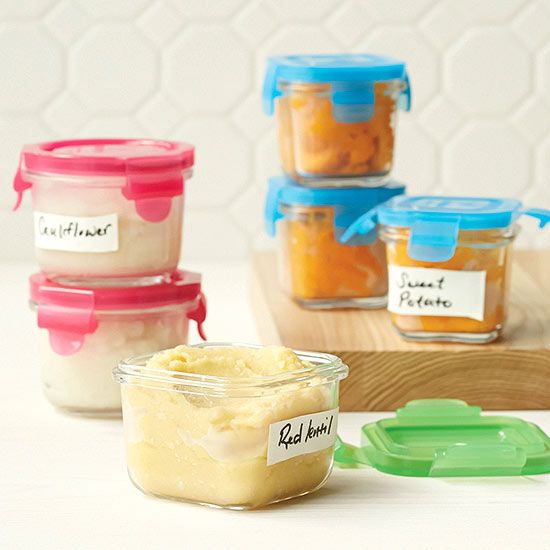 This information should be reassuring for people with bipolar disorder, as many of the medications used to treat this condition can cause weight gain.
This information should be reassuring for people with bipolar disorder, as many of the medications used to treat this condition can cause weight gain.
Lamictal findings and weight gain or loss
Lamictal is an anticonvulsant drug that can be used to treat seizures such as epilepsy. It is also used as a mood stabilizer for bipolar disorder.
In the first clinical trials with the drug, 5 percent of adults with epilepsy lost weight while taking Lamictal, while 1 to 5 percent of patients with bipolar I disorder gained weight while taking the drug. The researchers do not disclose how much weight patients have gained or lost.
Meanwhile, a 2006 study comparing the effects on weight of Lamictal, lithium, and placebo found that some Lamictal-treated patients gained weight, some lost weight, and most remained about the same weight. Weight changes are usually not many pounds anyway. Obese patients taking Lamictal lost an average of four pounds, while the weight of non-obese patients remained virtually unchanged.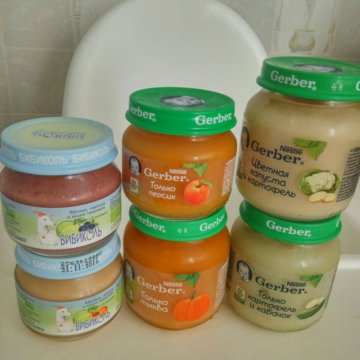
Relationship between weight gain and other bipolar drugs
Weight gain from medications used to treat bipolar disorder is unfortunately quite common. Some mood stabilizers commonly used for bipolar disorder, especially lithium and Depakote (valproate), carry a high risk of weight gain.
In addition, the atypical antipsychotics Clozaril (clozapine) and Zyprexa (olanzapine) tend to cause significant weight gain in people who take them. Finally, some antidepressants, notably Paxil (paroxetine) and Remeron (mirtazapine), have been associated with weight gain.
Therefore, if you are already overweight, you and your psychiatrist may want to consider additional weight gain when determining your bipolar medication regimen. Based on this, Lamictal may be a good choice.
Lamictal as a possible treatment for obesity
Lamictal has also been studied as a possible treatment for obesity in people without epilepsy or bipolar disorder.
In a small clinical study of 40 people conducted in 2006, researchers randomly assigned participants to receive either lamiktal or placebo for up to 26 weeks.